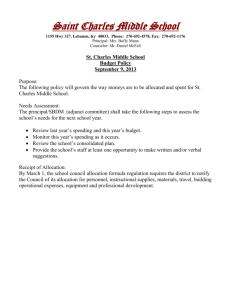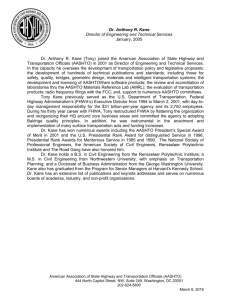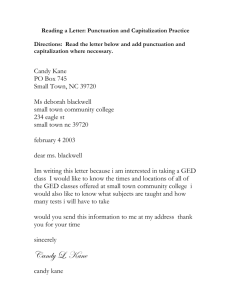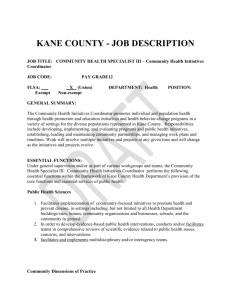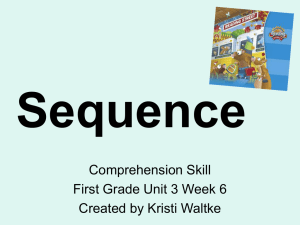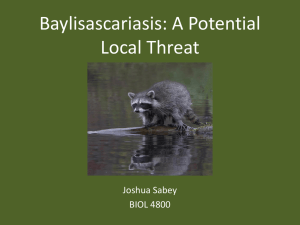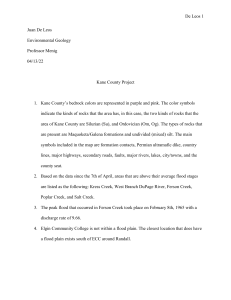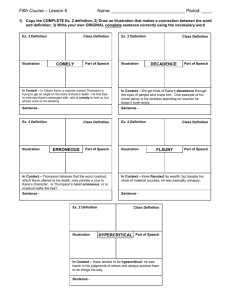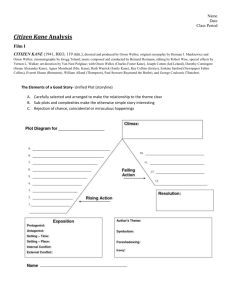January 1 It's the day after New Year's, and boy is my head spinning
advertisement
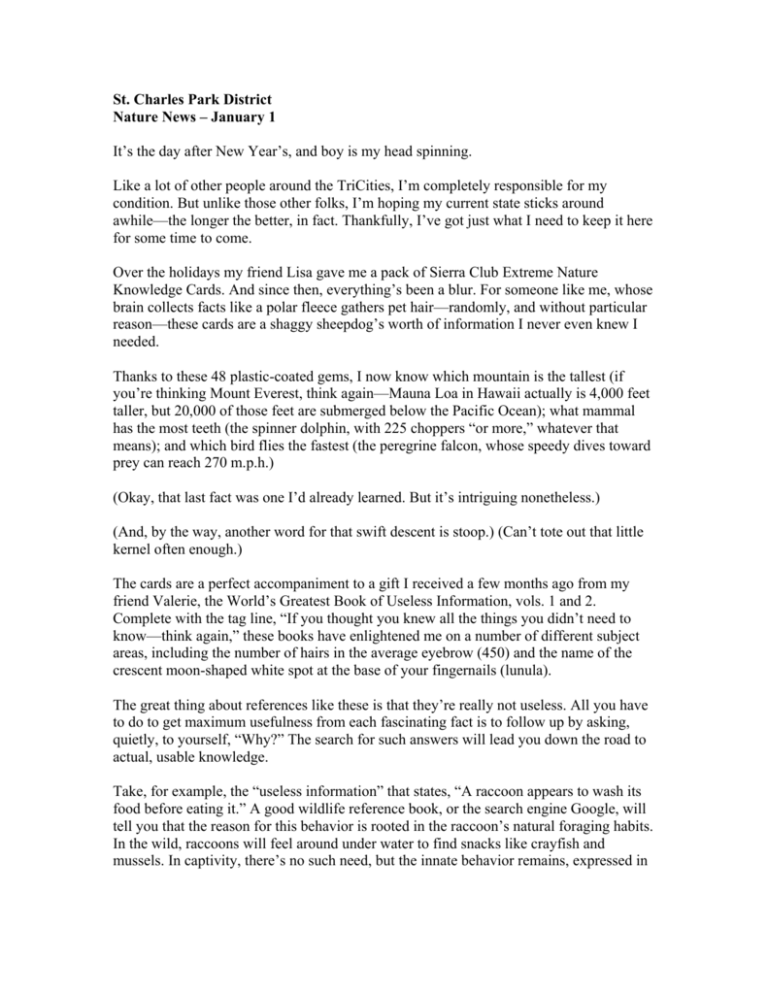
St. Charles Park District Nature News – January 1 It’s the day after New Year’s, and boy is my head spinning. Like a lot of other people around the TriCities, I’m completely responsible for my condition. But unlike those other folks, I’m hoping my current state sticks around awhile—the longer the better, in fact. Thankfully, I’ve got just what I need to keep it here for some time to come. Over the holidays my friend Lisa gave me a pack of Sierra Club Extreme Nature Knowledge Cards. And since then, everything’s been a blur. For someone like me, whose brain collects facts like a polar fleece gathers pet hair—randomly, and without particular reason—these cards are a shaggy sheepdog’s worth of information I never even knew I needed. Thanks to these 48 plastic-coated gems, I now know which mountain is the tallest (if you’re thinking Mount Everest, think again—Mauna Loa in Hawaii actually is 4,000 feet taller, but 20,000 of those feet are submerged below the Pacific Ocean); what mammal has the most teeth (the spinner dolphin, with 225 choppers “or more,” whatever that means); and which bird flies the fastest (the peregrine falcon, whose speedy dives toward prey can reach 270 m.p.h.) (Okay, that last fact was one I’d already learned. But it’s intriguing nonetheless.) (And, by the way, another word for that swift descent is stoop.) (Can’t tote out that little kernel often enough.) The cards are a perfect accompaniment to a gift I received a few months ago from my friend Valerie, the World’s Greatest Book of Useless Information, vols. 1 and 2. Complete with the tag line, “If you thought you knew all the things you didn’t need to know—think again,” these books have enlightened me on a number of different subject areas, including the number of hairs in the average eyebrow (450) and the name of the crescent moon-shaped white spot at the base of your fingernails (lunula). The great thing about references like these is that they’re really not useless. All you have to do to get maximum usefulness from each fascinating fact is to follow up by asking, quietly, to yourself, “Why?” The search for such answers will lead you down the road to actual, usable knowledge. Take, for example, the “useless information” that states, “A raccoon appears to wash its food before eating it.” A good wildlife reference book, or the search engine Google, will tell you that the reason for this behavior is rooted in the raccoon’s natural foraging habits. In the wild, raccoons will feel around under water to find snacks like crayfish and mussels. In captivity, there’s no such need, but the innate behavior remains, expressed in what we see as “washing.” (More factual fun: The raccoon’s scientific name, Procyon lotor, means dog-like animal that washes.) If you’re the sort of person that digs learning these sorts of new things, each and every day, have we got a deal for you! The Kane County Certified Naturalists, winners of the 2009 Outstanding Conservation Program Award from the Illinois Parks & Recreation Assocation, are making plans now for their next round of fun, fact-filled classes, which start in April. A cooperative effort of the Fox Valley, Geneva and St. Charles Park Districts, along with the Kane County Forest Preserve District, KCCN was created for adults who have a passion for learning, and for nature and the outdoors. Through a combination of basic coursework, field trips, advanced instruction and volunteer hours, participants enhance and advance their knowledge of Kane County ecology, and of the natural world that surrounds us all. Want to know more? Mark your calendar for Tuesday January 12 and attend a 2010 KCCN information meeting at Peck Farm Park in Geneva. A morning session runs 10 to 11 a.m. and an evening session runs 7 to 8 p.m.; choose whichever one fits your schedule best. Bring a pen and paper because you never know—you might learn something! Hope to see you there. Pam Otto is the manager of nature programs and interpretive services for the St. Charles Park District. She can be reached at potto@st-charlesparks.org or 630-513-4346. .

